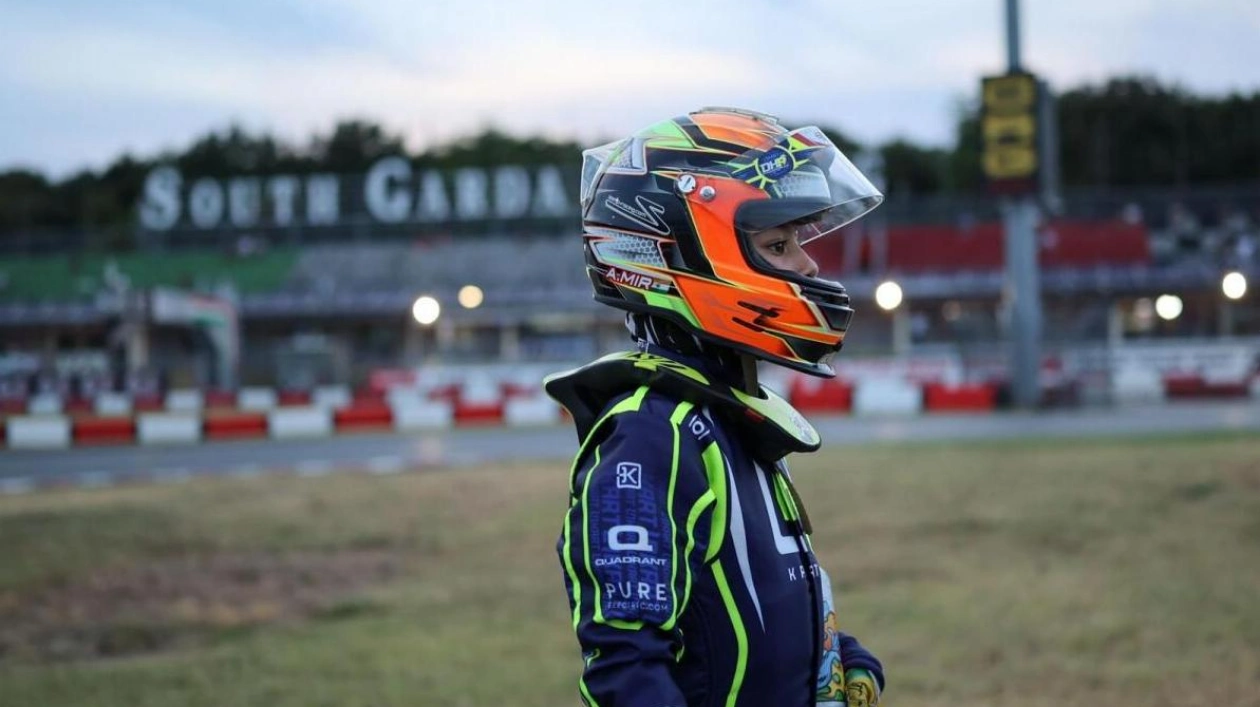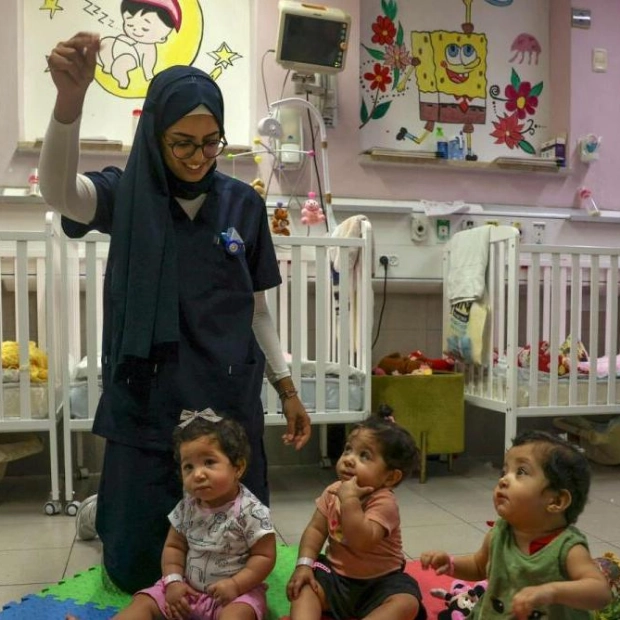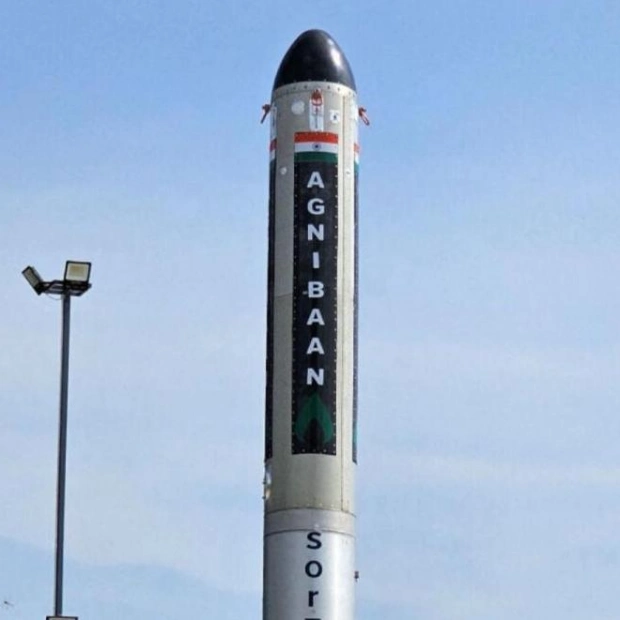Atiqa Mir, a nine-year-old racing prodigy from Dubai, recently made history at the renowned Le Mans Kart International circuit in France by becoming the first female racer to win a race in the RMCIT - Rotax Challenge International Trophy. This prestigious event has previously seen the likes of prominent Formula 1 drivers such as Max Verstappen, George Russell, and Lando Norris rise to fame through the Rotax Max series.
The Year 5 student at Gems Jumeirah Primary School clinched victory in Race 2 of the Micro Max Category heats. The RMCIT-Rotax Max Challenge International Trophy is one of the most esteemed international racing events, drawing top kart drivers from around the globe, including numerous current and past winners and world champions.
Speaking to Khaleej Times, Atiqa, who has now joined the elite ranks of drivers in her category and has participated in 10 race weekends across five European countries, expressed her joy, saying, “I really enjoyed the races.” She recounted her travels to Italy, Spain, Germany, England, and France.
Atiqa, who was racing for the championship-winning Dan Holland Racing (DHR) Team in the Lando Norris kart, displayed exceptional form throughout the week. Despite her first visit to the legendary Le Mans circuit with no prior practice, she quickly adapted to the new kart and dominated the practice sessions, consistently topping the grid. However, in the qualifying session, she managed only 10th place due to a lack of a clear lap. In the first qualifying heat race, Atiqa advanced four positions to 6th, but a racing incident with another driver pushed her back to 9th.
In Race 2, Atiqa showcased her top speed and maturity, setting a series of fast, consistent lap times and executing some impressive passes to secure first place, etching her name in the annals of Le Mans Circuit history. “I am really proud of myself, my country India, the UAE, and my team. I’m so excited and happy to win the race. This is my first win in Europe, and we have all worked so hard for it. My team, DHR, has integrated me so well, and my family has always been by my side. I learnt karting in the UAE,” said the young racer from the northern Indian state of Jammu and Kashmir.
However, in the final race, Atiqa encountered multiple racing incidents that slowed her down, resulting in a 12th-place finish, 9.497 seconds behind the leader Joshua Cooke of KR Sport. This victory at Le Mans has further solidified Atiqa’s status as one of the best female karting drivers in the world in her age group, with aspirations to become the first-ever female driver in modern Formula 1.
Despite karting being a mixed sport, it has traditionally been male-dominated, much like other motorsports. Atiqa’s father, Asif Mir, highlighted the challenges she faces, saying, “Atiqa has been competing against boys who are physically stronger. She gets bullied on the track a lot, as many don’t like losing to a girl. They sometimes talk and taunt her, but then she has to fight that.” He also noted that Formula One is increasingly promoting the inclusion of female drivers.
Asif, who is often hailed as India’s first national karting champion, handles most of Atiqa’s coaching. He emphasized the need for twice the effort in training compared to others, citing research that shows a lack of upper body strength as one reason fewer females participate in racing, particularly in karting where G-forces are significant. “It’s a highly physical sport -- no seatbelts are used, and drivers experience nearly 2G in corners, which is a lot for a nine-year-old,” he explained.
Asif also highlighted the state-of-the-art karting tracks in the UAE, equipped with modern safety features and advanced timing systems, which have provided Atiqa with a professional environment to hone her skills and boost her confidence. “With six circuits all within an hour and a half's drive and two national championships, the country has an ideal setup. It provides us with a fantastic platform that would have been impossible to find in India, and, in fact, the entire Asian region lacks such infrastructure. It is not surprising that drivers from other GCC countries even come here to race,” he added.






